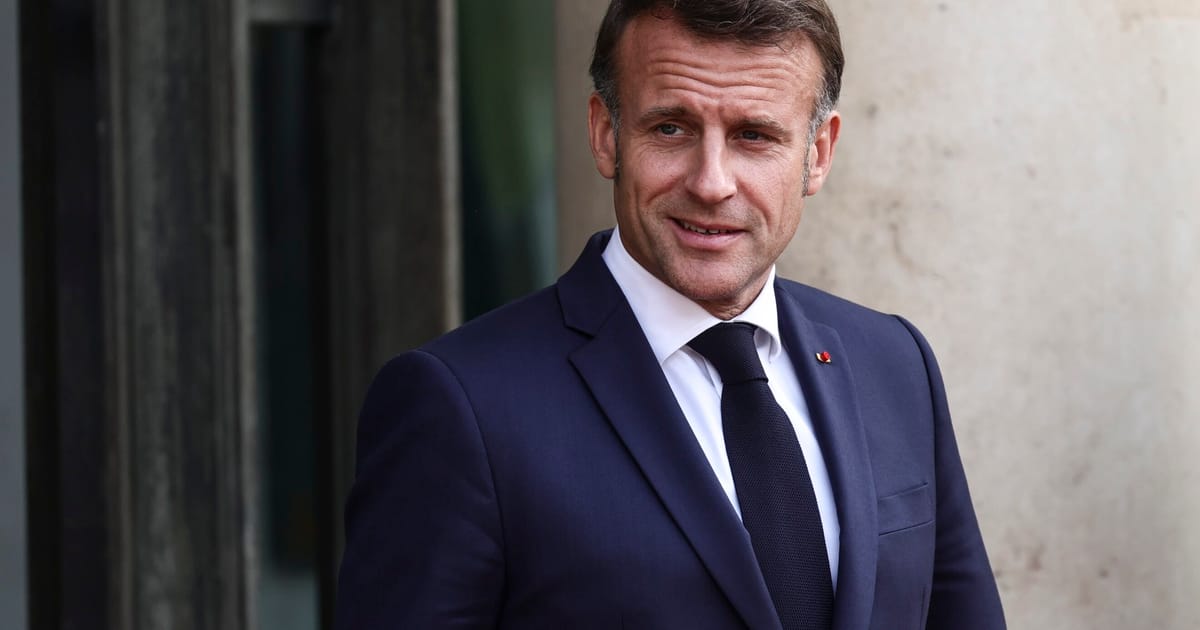

In the continually evolving landscape of global politics and international diplomacy, recent developments signify both challenges and emerging dialogues for peace. Efforts are underway to foster stability in various parts of the world amid complex geopolitical dynamics.
One notable diplomatic movement comes from France, where President Emmanuel Macron has navigated a significant step forward in support of statehood for Palestinians. This advocacy aligns with a longstanding aspiration of the Palestinian people, providing a historical nod towards recognition amidst ongoing tensions. However, while the aspirations of sovereignty carry profound symbolic power, the immediate needs of populations in conflict zones, such as those within the Gaza Strip, remain pressing, underscoring the multifaceted nature of international conflicts and resolutions.
Concurrently, the situation in Ukraine garners global attention as Russian President Vladimir Putin expresses a desire for a “lasting and stable peace” in the region. Despite this proclamation, there still appears to be little indication of concessions from the Russian leadership. Expressions of peace come after a week marked by destruction from missile and drone strikes, emphasizing the urgency and delicacy of moving toward peaceful resolutions. In response, Ukrainian President Volodymyr Zelenskyy has signaled readiness for high-level talks with Russia, underscoring a specific intent to establish a truly enduring peace, contingent on genuine commitment from the Russian side.
The international response to these developments is met with caution yet hope, as global leaders seek ways to ensure security and prosperity for countries involved in longstanding conflicts. Matching acts of diplomacy with concrete actions remains a challenging but necessary goal for stable international relations.
In parallel to these situations, another compelling discussion unfolds in the United Kingdom, where Prime Minister Keir Starmer maintains a plan to formally acknowledge Palestinian statehood. This move is not without controversy, as it faces criticism from various quarters, including those recently affected by regional conflicts. Released British-Israeli citizens, particularly those with harrowing experiences, like Emily Damari, have voiced their concerns regarding this decision, illustrating the complex interplay of national and international narratives.
Meanwhile, in Southeast Asia, Myanmar’s political environment sees a shift as the military junta concludes a state of emergency in preparation for upcoming elections. Instituted after the 2021 coup that reassigned governance from Aung San Suu Kyi’s administration to the military, this gesture marks a pivotal moment in the country’s tumultuous journey toward democratization. However, opposition groups remain skeptical, labeling the proposed elections as fraudulent and a mere veneer to uphold the military’s rule. International observers continue to watch closely as Myanmar navigates these transformative yet contentious political shifts.
Across each of these contexts, the themes of recognition, dialogue, and election hold different meanings, yet they coalesce around the shared ambition of achieving stability, dignity, and self-determination. As global citizens, these stories invite us to reflect on the nuances of peace-building and governance, emphasizing the steady work that lies ahead in fostering an equitable and peaceful international order.
Source: {link}
